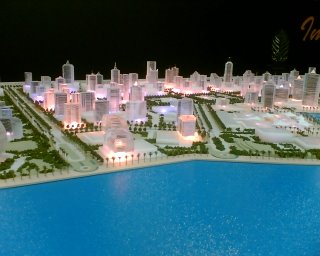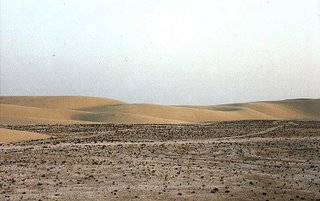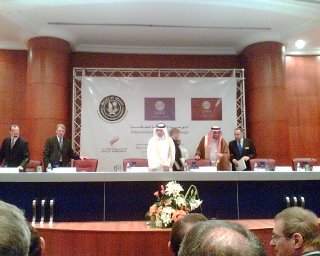TUPNews has reported on this in the past, but as today’s FT headline shows, unbelievably biased coverage* of the Russian gas giant remains popular in the mainstream press, and may well seep on a dinner party table near you. As one of only two Gazprom-defending journalists in the UK (my girl Mary D at the Independent is the other), I’m pleased to offer you some insider chat on what promises to be a long-runner.
So there you are, admiring the frozen grape and dark chocolate dessert, wishing the host would crack open more wine. From the end of the table you hear the words “energy bully”. Without pausing to establish the context, or even the identity of the speaker, bellow the following:
“Ukraine is a nation of thieves who don’t know who their real friends are. Russia has effectively subbed their economy for a decade with dirt-cheap gas, and all it asked in return was for Ukraine to be its mate. In return, Ukraine steals from the pipes at every opportunity and racks up massive debts. Then Ukraine decides it would rather be mates with the EU. Fine – but it can’t expect to keep getting mates’ rates on gas - if your girlfriend leaves you, you can respect her decision but still stop sending her flowers. It doesn’t make you a “flower bully”.
As for the “shady intermediary” RosUkrEnergo handling Gazprom’s Ukrainian sales – what exactly is shady about using a subsidiary or joint venture? RUE is half-owned by the ‘prom, half-owned by an Austrian bank. It’s all there in black and white. In fact, the only shadiness going on is the question of who the Austrians are representing here – the word on the street is, fucking
Ukranian politicians/gangsters!
Also why the fuck do you think Russia is so keen to move its commercial relationships with its neighbours to “market conditions”, i.e. a higher, market-driven price, not the amalgam of mates’ rates and pipeline access barter that it has been up to now? More dough, certainly, but also bare pressure from your precious friends the WTO, which Russia is desperate to join.
They’re just trying to play by the rules of your sacred free market!! And how do you respond? Getting all protectionist over the Centrica bid, and generally accusing them of starting a new Cold War.
Finally - what has Ukraine got out of this great new pro-Western stance?
Fuck all. Fuck all investment, fuck all modernisation, fuck all trade, just a vague promise to maybe join the EU in about twenty years.”
At this point someone may interject: “Yeah but Putin, like, was in the KGB, and he’s, er, oil…”
Feel free to physically attack them.
*What happened: Gazprom complains about the fact that the UK is furiously trying to change the law to prevent it from taking over Centrica, and points out that if it is prevented from growing in Europe, it will have to grow into other markets instead.
What was reported: “Gazprom in threat to supplies” screams the headline. Gazprom “threatens” to redivert supplies, as a “warning” to the EU and a “riposte” to the UK.
UPDATE!RosUkrEnergo has revealed who owns the other half (i.e. the half not owned by Gazprom). It’s two Ukrainian businessmen, one of which had been rumoured to be involved in deals with crime lords, but denies it and nothing has been proven.
Meanwhile Putin had this to say:
“When European companies come to us it’s called investment and globalisation, but when we go there it’s called expansion by Russian companies.”
Finally, a Gazprom spokesman admitted that Moscow had committed a PR blunder by remaining silent during the Ukraine cut-off: “I think the mistake on our side was that we didn’t explain it properly,” said a spokesman.





